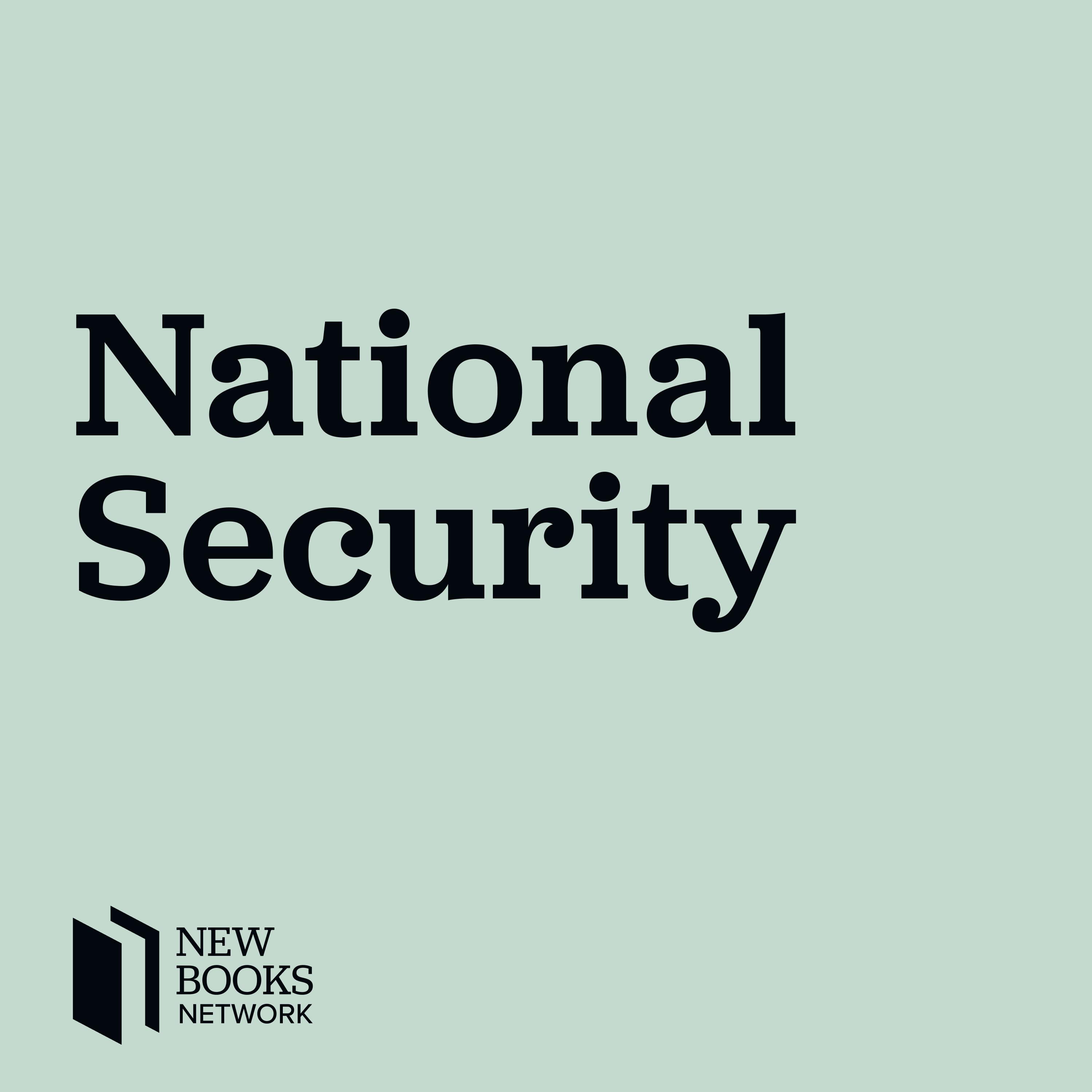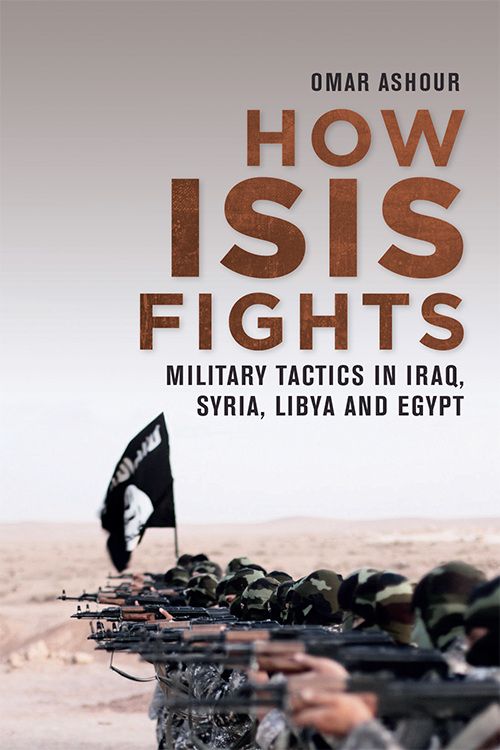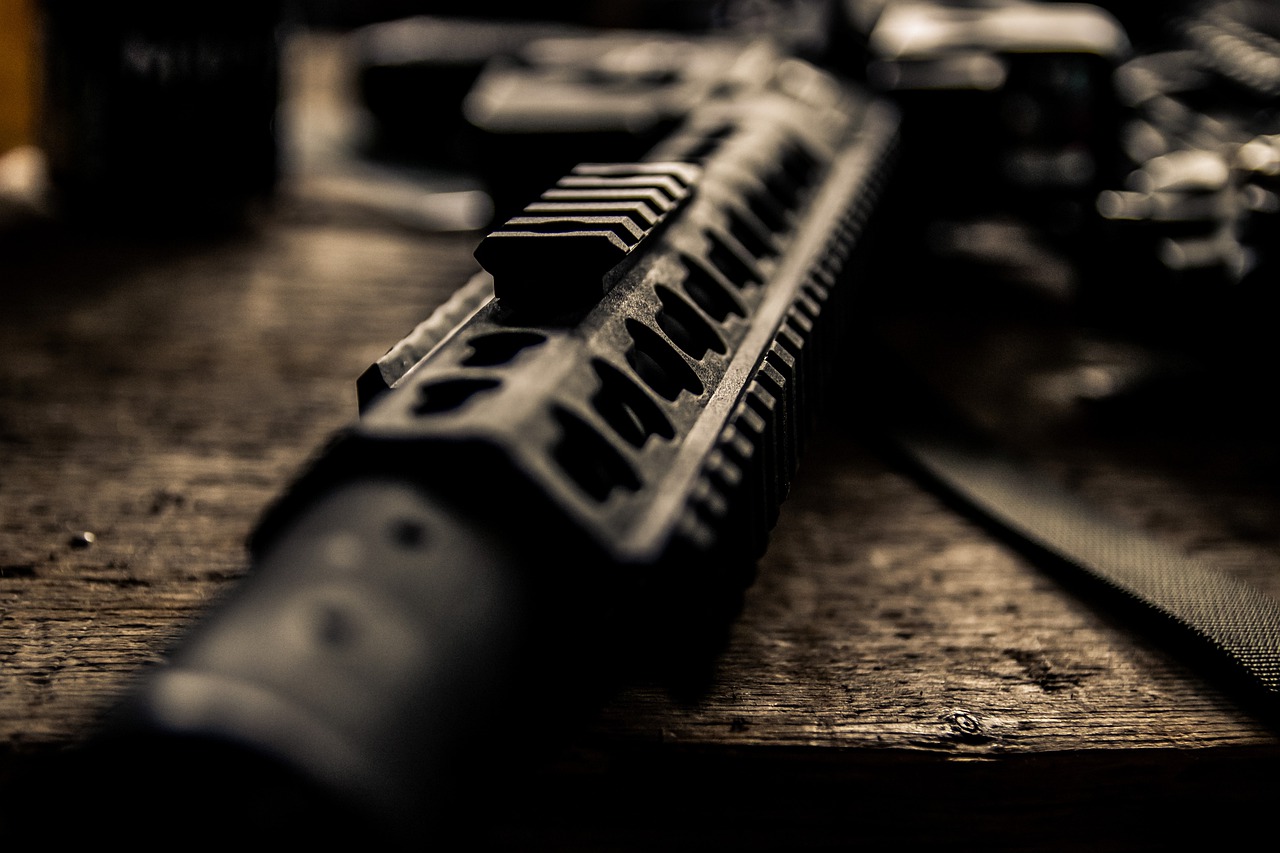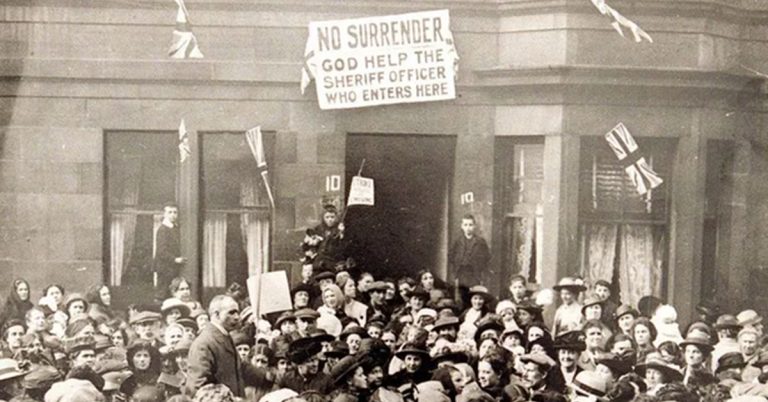
In this great interview from New Books in National Security, Omar Ashour, author of How ISIS Fights: Military Tactics in Iraq, Syria, Libya and Egypt, talks to host Jeffrey Bristol about his work.
They discuss the origin of Ashour’s study and how ISIS franchises spread. The interview also explores the potential threats of ISIS as an international terrorist organisation and why it grew as quickly as it did. They also look ahead to what the future might hold for ISIS.
Find out more about the interview over on New Books Network, or listen below:

Kevin Guyan, "Rainbow Trap: Queer Lives, Classifications and the Dangers of Inclusion" (Bloomsbury, 2025) – New Books in National Security
- Kevin Guyan, "Rainbow Trap: Queer Lives, Classifications and the Dangers of Inclusion" (Bloomsbury, 2025)
- Lily Hamourtziadou, "The Ethics of Remote Warfare" (University of Wales Press, 2024)
- Constant Willem Hijzen, "Roots of Counterterrorism: Contemporary Wisdom from Dutch Intelligence" (Oxford UP, 2024)
- Jeffrey P. Rogg, "The Spy and the State: The History of American Intelligence" (Oxford UP, 2025)
- Elizabeth N. Saunders, "The Insiders' Game: How Elites Make War and Peace" (Princeton UP, 2024)
About the Author

Omar Ashour is an Associate Professor of Security and Military Studies and the Founding Chair of the Critical Security Studies Programme at the Doha Institute for Graduate Studies. He is the author of How ISIS Fights: Military Tactics in Iraq, Syria, Libya and Egypt (Edinburgh University Press, 2021) as well as the editor of Bullets to Ballots: Collective De-Radicalisation of Armed Movements (Edinburgh University Press, 2021).





